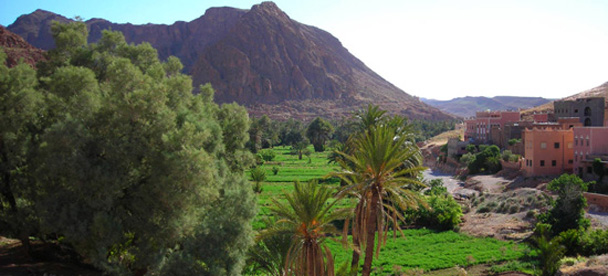The ethical charter


Arib Voyage wishes to share its charter that seems most representative of the behaviours and attitudes to be encouraged during visits. Learn to discover other cultures without judging them.
Trust their way of reasoning and also have some advice in mind. All these seem like a guarantee of a good trip and also a contribution to sustainable development of our planet.
Respect is the key to better acquiantance
Money, Property and food don't have the same value everywhere
We leave our footprints
Trust their way of reasoning and also have some advice in mind. All these seem like a guarantee of a good trip and also a contribution to sustainable development of our planet.
Respect is the key to better acquiantance
- Each country follows its own system. In some cases haste and impatience are not the best ways to gain sympathy.
- Outfits that are too tight, too bare, too ostentatious or too casual may offend some people. the same code governs body contact( fondling the head of a child, a man shaking a woman's hands, sitting beside a woman, kissing in public).
- A good photo is taken with consent of a person . photographers have everything to gain by taking their time to establish trust, seeking permission to film or to photograph ( from children's parents) and to comply with any refusal.
- It is better not to promise to send photographs to people if you are not sure you will fulfil your commitment ( including cases where a compensation is to be given)
- Sex tourism is an offense to human dignity and is condemned by the law. Though it does not always at first seem like prostitution. There are numerous examples of travelers who return from such countries astounded by the fantastic sexual freedom of the inhabitants, without even realising that this is motivated by the misery around.
Money, Property and food don't have the same value everywhere
- Donations and gifts are not innocentgestures. They can sometimes take a condescending or contemptous connotation( for example, throwing coins or candy to children in order to get rid of it).
Expensive gifts , donations or tips that distabilize the local economic equilibrium. Children who receive money for photos or beg because they are better educated, earn more money than their father. This may create significant distortions in family structures ( non-compliance to the father and to the old). - Some gifts can be dangerous when they are distributed randomly, including drugs. Hospitals and clinics where they are found are often better able to managethem. similarly,candy and sweets have implications long after they have been given to the children. (dental caries)
- Using local hotels rather than the state chains or foreigners' hotels, local transport, paying services to the locals ( guides, cooks, porters, cleaners) is often the best way to make locals benefit directly from tourism money.
- A camera or simply a pair of shoes can be equivalent to several months or years of salary for the country visited. Exhibiting them or treating them bluntly can be shocking or can be misunderstood
- Bargaining is a cultural part of the business tradition of some countries. Refusal is often misinterpreted and can contribute to the rising cost of living. However, we must not forget that ridiculous number of visitors can be of great importance to the recepient.
- In general, travelers should be wary not to abuse the temptation of the disadvantaged in selling sacred objects, traditional objects or make part in the heritage of the country ( except if they were made specifically for sale to tourists.
We leave our footprints
- Travelers should avoid leaving their waste behind whatever they are. All means (bio degradeable, packaging etc) designed to reduce waste arising from tourism should be used. It's better to limit his luggage and packages to be left behind.
- It is better to bring with him non-destructible waste ( plastic bags, batteries, etc) After a trip to a country with no infrastructure for waste disposal.
- Some waste ( paper, toilet paper, etc...) can be easily burned, although in some cultures, fire has a sacred role and it may be shocking to use it to destroy the waste. It is generally advisable to learn about the behaviour of local waste management. In some regions, the cans can be left by such people who recycle them into useful objects or jewellery.






